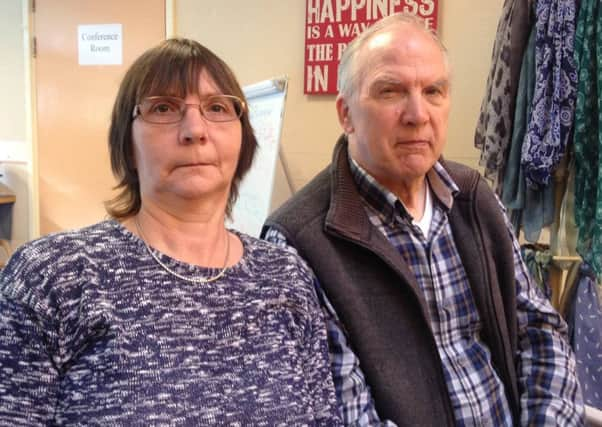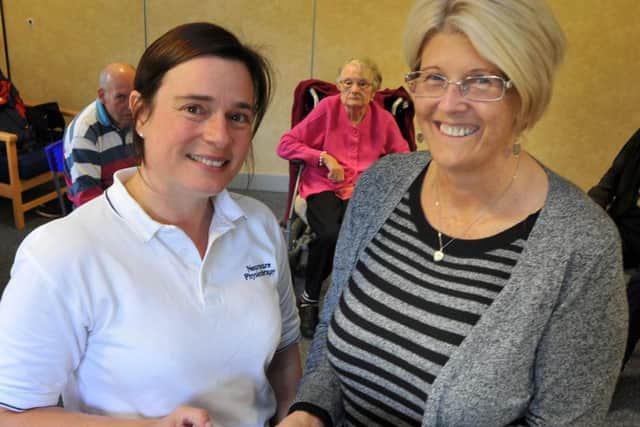Lancaster’s drop in centre gives people hope


When Sharon Jackson, from Lancaster, opened and founded the Neuro Drop In Centre in 2013 she never expected so many people in need of its support.
Sharon Jackson, who has progressive multiple sclerosis, decided to use her experiences to help other people facing similar illnesses.
Advertisement
Hide AdAdvertisement
Hide AdBased at Lancaster Farms the centre offers support, advice and a friendly ear to anyone who needs it.


For Sylvia Bullivant the centre was a blessing in disguise.
Two years ago Sylvia’s life changed forever when her husband, Bert, had a stroke at their home in Nether Kellet.
Sylvia couldn’t cope and found the centre was her only option.
She said: “Bert was sitting on the computer and he wasn’t listening to me and I came over and I saw his face and arm go and I rang an ambulance straight away.
Advertisement
Hide AdAdvertisement
Hide Ad“Afterwards we asked the doctor if there was anything more they could do to help and they just handed me the drop-in leaflet.
“It was hard, he didn’t know who I was, I couldn’t cope, it was like having to teach a child.
“The centre came in, it gave us somebody to talk to.”
Sharon hears these stories on a regular basis and feels her “hidden illness” can help her understand other’s experiences.
She said: “MS, like many neurological conditions, is a ‘hidden illness’ and I frequently get myself in a twist wondering what other people think when they see me, which is why I am able to empathise with the people I get to meet at the centre.”
Advertisement
Hide AdAdvertisement
Hide AdThe centre is going from strength to strength thanks to the 20 volunteers who give up their time.
Sharon has battled on through her illness to run the centre but admits she needs to take some time back for herself.
She said: “Even though the building is busy, it is a huge undertaking so we have said we can’t just stop, we have got to keep going. It’s hard for me, I am here all the time. I’m only now making a choice to rest.”